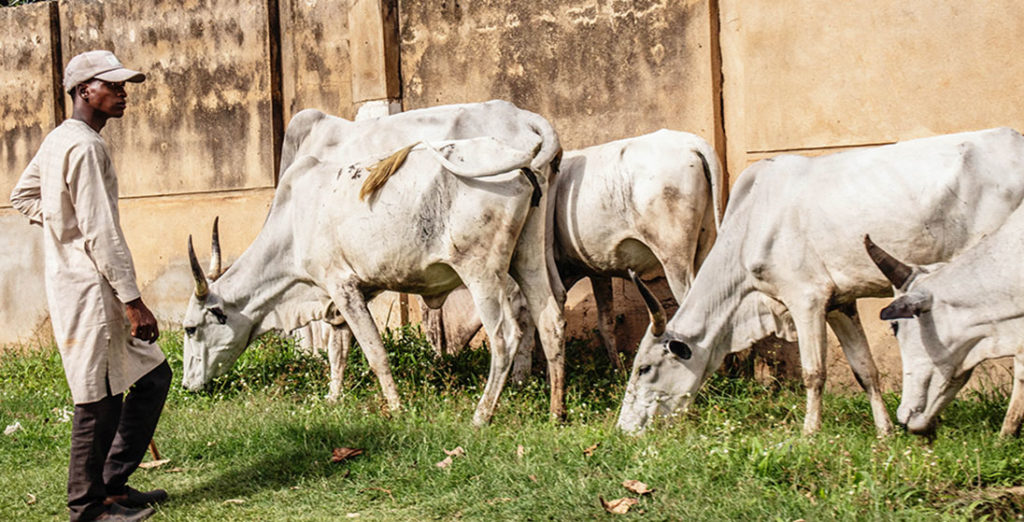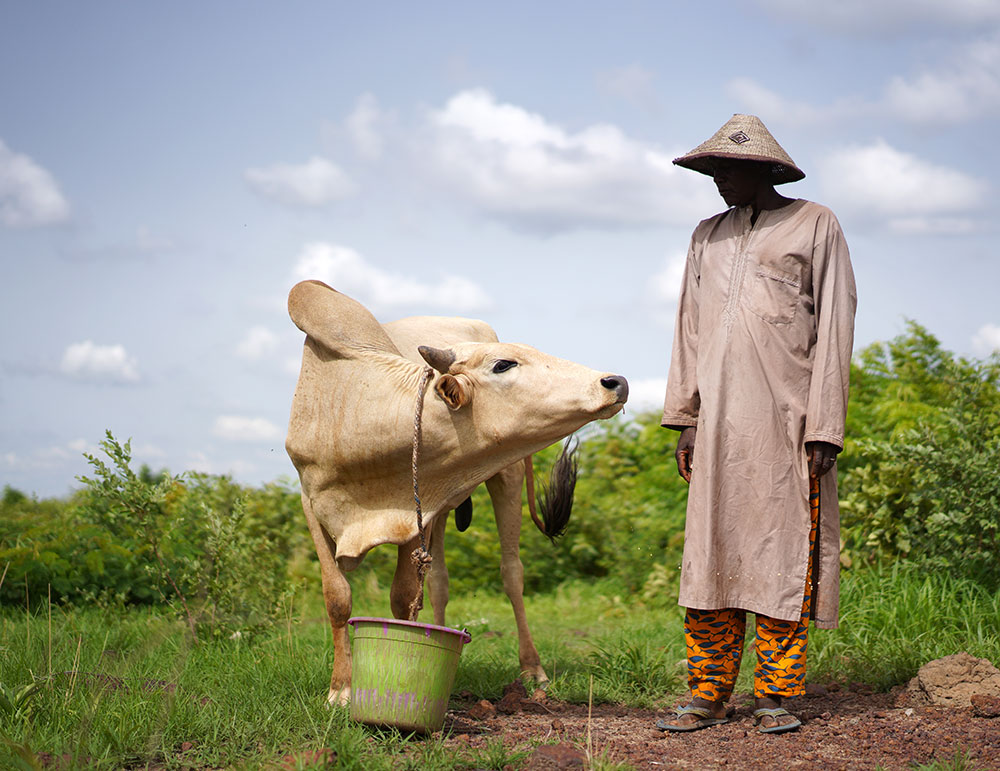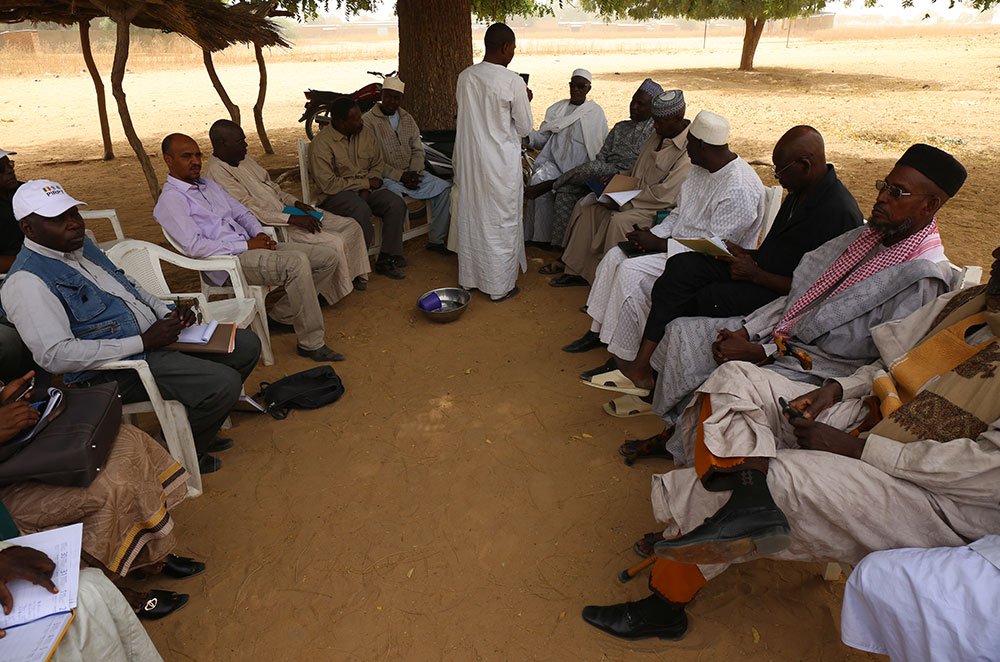Developing local solutions
Complex contexts


“Go back to the beginning, and our society was one of complementarity: the livestock farmer provided the animals and the milk; the crop farmer provided the grain… They complemented each other. But with this conflict, they have started to see each other as enemies.” These are the reflections of Ibrahima Sankaré, Secretary General of Delta Survie, a Malian NGO that has worked for years with villages along the border between Mali and Burkina Faso. The region has seen a steep increase in conflict and violence in recent years, escalating to the point that state forces no longer felt it was possible to enter the territory. For the local communities, the consequences cut to the very heart of their livelihoods. “Because of the security situation, nobody dared to go to the fields with their animals anymore,” recalls one of the residents of the village Koro on the Malian side of the border. Violent conflict like this can easily become a breeding ground for extreme thought that plays into existing grievances. To prevent violent extremism, it thus becomes necessary to address its underlying causes.
The origin of the conflict is complex, with myriad local historical, social and economic factors playing a role.
For years, traditional tensions over land use had been managed effectively by local actors. But with the arrival of modern farming techniques and a rise in deforestation to create crop fields, the struggle to control the land’s resources grew more acute. As social cohesion began to fray, the community came under additional pressure from violent extremists active in the border region. Seeking to expand their reach and recruitment, these extremist groups stood to gain from stoking existing tensions between generations or community leaders – adding fuel to the flames of mistrust and provoking a rise in violence between local groups.

This was the challenging situation that confronted Delta Survie. Thanks to a long track record of work with these border communities, they understood that the only path towards an impactful solution lay with the local people themselves. “Our aim was to provide mediation training, so that they could manage the situation independently,” explains Mr Sankaré. “The goal is to not only reduce the conflicts but to help them reorganise the social structures so they are sustainable for the future.” Supported by EU funding through a UNICRI-managed project, Delta Survie set the wheels in motion by selecting four people from the local community to receive initial training. These four then went on to train a further 32 local actors – two per commune, with an equal balance of women and men. Adapted to each locality, the programme covered conflict mediation, warning systems that can spot conflict early, and established conflict management committees.
"If you don’t know the community, it just won’t work."
Right from the start, local knowledge and support were seen as the key to success:
“It was absolutely imperative that these actors were from the local area and that they were known and recognised as leaders within their society,” underlines Mr Sankaré. “If you don’t know the community, if you’re not listened to in the community, if you’re not at that level where you can be a bridge between the local groups, it just won’t work.” Equipped with new skills gained through the training, the mediators were able to reach out to prominent figures in their villages – arranging meetings between the mayor, traditional communicators, representatives of civil society and members of armed militia. From there, they worked to establish more permanent channels of communication between the groups.
The 32 mediators trained by the programme have since gone on to engage with a further 2 648 people in 57 villages.
The process has not been without its challenges, as explained by a resident from Koro, who himself trained as a mediator: “At the start, one difficulty we had was that a militia was reluctant to participate in our sessions.” But the combination of new skills from the training and deep local knowledge opened new doors: “We had the idea to approach an elder of Koro to explain our mission and the problem. He was interested in the project and he called us back that evening to visit the militia’s camp, where we met with their representative who ultimately did agree to join the process. The training gave us an important lesson: not to give up and to reflect on a strategy to make sure that every party can participate.”
Using their newly acquired expertise, the 32 mediators trained by the programme have since gone on to engage with a further 2 648 people in 57 villages, advocating for non-violent methods to resolve conflicts. While there still may be a long road ahead, things are certainly heading in the right direction: “There was division and people were no longer talking to each other; but through us, they created a new connection,” concludes the Koro resident. And the signs are promising that these efforts can lead to lasting impact: “We proposed to the groups to continue the process after the project had ended – today, they are driving their own process of mediation, discussing how to maintain calm and social cohesion.”